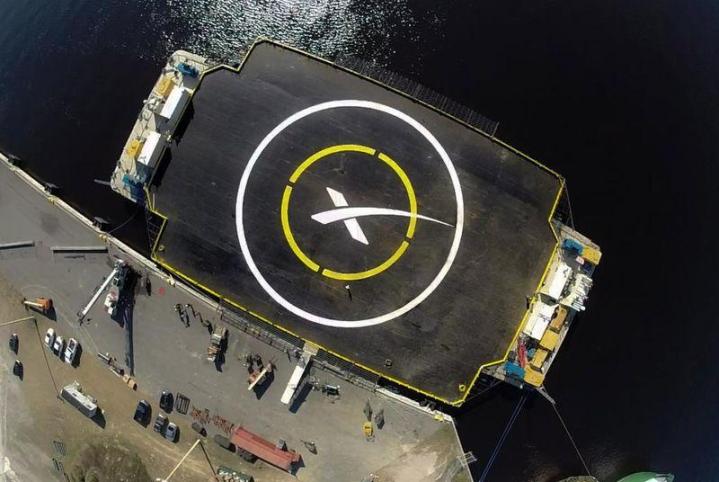
Although the mission’s primary goal is to launch a satellite for monitoring solar storms, all eyes are on whether the team can bring the rocket safely back to Earth.
The planned launch was called off less than three minutes before lift-off following the discovery of an issue with radar systems designed to track the rocket’s flight.
Elon Musk said his team will have another go at sending the Falcon 9 rocket skyward on Monday at 6.07pm ET.
Sunday’s aborted launch comes a month after SpaceX’s first try at bringing its rocket back in one piece. Unfortunately that effort ended in failure when the 14-story-tall rocket came down too heavily onto the floating platform, causing it to explode on impact.
“Rocket made it to the drone spaceport ship, but landed hard,” Musk tweeted at the time, adding, “Close, but no cigar this time. Bodes well for the future tho.”
Information released later showed that while Falcon 9’s grid fins worked “extremely well” from hypersonic velocity to subsonic, the catastrophic touchdown was caused by the vehicle running out of hydraulic fluid just prior to its attempted landing.
The team behind the ambitious project is under no illusions as to the scale of the challenge it’s taken on, after all, bringing an enormous rocket safely back down onto a 91 x 52-meter floating barge has never been done before. Musk says they hope to nail it some time this year with one of 12 or so planned launches.
SpaceX’s Falcon rocket and Dragon capsule already operate together to deliver cargo to the International Space Station. If it can succeed in its aim to create a reusable system for its rocket, space travel costs could be significantly reduced.
Hopefully on Monday we’ll see it take a big step toward its goal.


